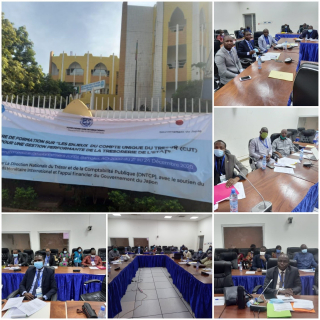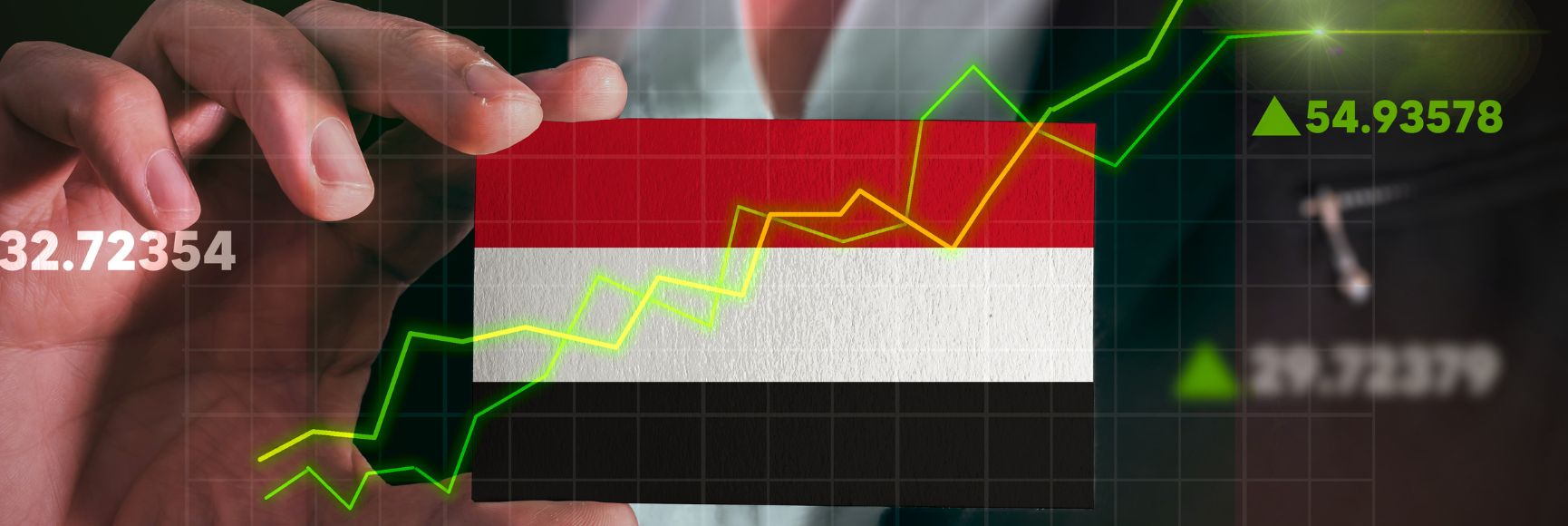
Posted by Leonard Kobou Djongue, Serge Ramangalahy and Claude Wendling[1]
Implementing a Treasury Single Account (TSA) is a major instrument for the modernization of cash management. The centralization of public funds in a single process indeed aims at enabling the State to fulfil its financial commitments at every moment and at the lowest possible cost. In this respect, avoiding scattered public resources and pockets of “idle liquidity” should be high priorities for the Ministry of Finance.
The onset of the COVID-19 crisis in Spring 2020 has created acute needs for State intervention to fight against the pandemic and to support the economy and the most vulnerable groups. It has highlighted the need to mobilize all available resources to reduce the risk of running arrears and limit debt issuance (bills or bonds) to the barest minimum.
In this context, a capacity development mission requested by the Malian authorities and conducted by the IMF, with the support of the Government of Japan, assisted the government in taking further its reforms of cash management and introducing a TSA.
This mission is part of a long-term effort to improve the effectiveness of cash management in Mali. A TSA Implementation Committee was set up as early as 2011, with a mandate to lead the work towards operationalizing the TSA. The government prepared a multiannual action plan which included legal, technological and capacity-building elements. In March 2019 the finance ministry organized, with the support of the IMF and the Government of Japan, a nationwide seminar with 130 participants from various departments of the finance ministry, line ministries, other government agencies, the banking sector and development partners.
Almost two years after this groundbreaking event, the December 2020 mission took stock of progress in introducing the TSA. The following important initiatives have been taken:
- The legal and contractual framework for the TSA (with the Central Bank for the Western African States and the fourteen commercial banks in Mali) has been adopted, based notably on the transposition of Western African Economic and Monetary Union (WAEMU) directives and international standards;
- A census of bank accounts held by public entities in commercial banks has been completed;
- Instruments for transfer payments and for the digitalized presentation of checks for clearing (known as STAR and SICA WAEMU) are being deployed across the Treasury network;
- Work to strengthen the quality of expenditure forecasts has started with the preparation in 2020 of commitment plans for eight pilot ministries (support provided by the IMF and the British Overseas Development Institute);
- The Treasury and the tax administration are being mobilized to modernize and accelerate the collection and centralization of public revenues through the TSA by developing the e-payment of taxes and levies; and
- Training, awareness-raising activities and support for stakeholders are regularly organized as part of the Malian Public Finance Reform Plan.
Continuation of the reform now requires the support of public agencies which oversee the entities - such as extra-budgetary funds and infrastructure projects - holding accounts in commercial banks. It also requires the cooperation of the private banks themselves and the development partners, so that they gradually adapt their financial processes to channel support through the TSA.
Combining increased stakeholder awareness with strong political ownership at the highest level constitutes a key success factor. In this regard, the December 2020 mission made a big contribution by holding four days of workshops, moderated remotely by IMF experts, with more than 70 participants from all sides involved in the reform. It thus paved the way for the next steps which include: a gradual enlargement of the scope of the TSA by streamlining the public sector accounts held in commercial banks; further modernization of cash management tools; and implementation of digitalized tools and devices offered at WAEMU level (bank cards, electronic payments) by the WAEMU Interbank Monetary Group (GIM-UEMOA), while ensuring that robust risk management practices for these new tools are adopted.
A French translation of the article is available on the following link.
[1] Leonard Kobou Djongue is a PFM expert for the IMF’s Fiscal Affairs Department with extensive experience on cash management and TSA issues in Francophone Africa; Serge Ramangalahy is a long-term advisor for FAD in Mali; Claude Wendling is a Technical Assistance Advisor in FAD.
Note: The posts on the IMF PFM Blog should not be reported as representing the views of the IMF. The views expressed are those of the authors and do not necessarily represent those of the IMF or IMF policy.





